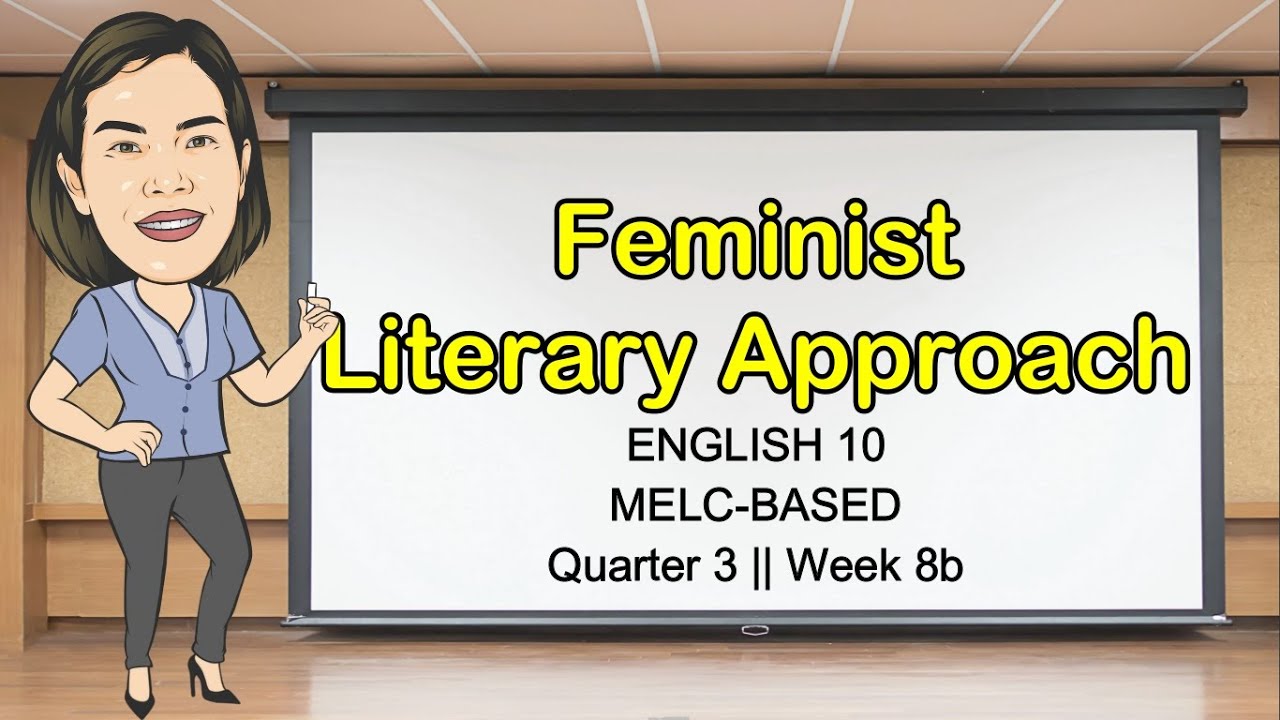'An Inspector Calls': Sheila Character Analysis (animated)
Summary
TLDRThe script explores Priestley's use of Sheila to challenge societal biases and gender roles in a male-dominated society. Initially portrayed as immature and materialistic, Sheila's character evolves through Priestley's narrative, as she learns the importance of social responsibility and accountability. Her transformation, marked by a shift from childlike to mature behavior, serves as an example for the audience to question conventional thinking and hold those in power accountable, even if it means challenging their own beliefs and relationships.
Takeaways
- 👧 Sheila is initially portrayed as an immature and materialistic character, reflecting societal biases and gender stereotypes.
- 👨👧👦 Sheila's parents, Mr. and Mrs. Birling, treat her as a child, reinforcing the idea of women's inferior status in a male-dominated society.
- 💍 Sheila's materialistic nature is highlighted through her comments about her engagement ring and her discussions about clothes with Mrs. Birling.
- 🚶♂️ Sheila's treatment by other characters, such as Gerald, demonstrates her perceived inferiority compared to men in the play.
- 🤔 The play suggests that societal attitudes towards women, similar to those towards Sheila, may have contributed to Eva Smith's tragic fate.
- 🔄 After Inspector Goole's interrogation, Sheila undergoes a significant transformation, becoming more assertive and independent.
- 🔥 Sheila's new assertiveness is evident in her confrontations with Gerald and her family, showing her shift from passivity to active engagement.
- 💍 The return of the engagement ring signifies Sheila's rejection of her previous materialistic and dependent self.
- 🧐 Sheila's use of logic and reason, rather than emotion, in her interactions post-interrogation, indicates her maturity and growth.
- 👨👧👦 The contrast between Sheila and her parents' reactions to the inspector's message underscores Priestley's critique of the older generation's rigid attitudes.
- 📢 Sheila's adoption of the inspector's role and language in the final act symbolizes her internalization of his lessons on social responsibility and justice.
- 🌟 Priestley encourages the audience to challenge conventional thinking and hold those in power accountable, as exemplified by Sheila's transformation.
Q & A
How does Priestley initially portray Sheila in the play?
-Priestley initially portrays Sheila as immature and materialistic, evident in her childlike way of addressing her parents as 'Mummy' and 'Daddy' and her obsession with the engagement ring.
What is the significance of Sheila’s treatment by other characters in Act One?
-Sheila's treatment as inferior by other characters, especially the men, reflects the societal view of women as inferior in the male-dominated society of the time.
How does Sheila’s character change after the inspector’s interrogation?
-After the inspector's interrogation, Sheila undergoes a significant transformation, becoming more assertive, logical, and mature, in contrast to her initial portrayal.
What does Sheila’s comment ‘you fool – he knows’ signify about her development?
-This comment signifies Sheila's shift from being passive and naive to becoming aware and perceptive, recognizing the inspector's deep understanding of the situation.
How does Priestley use Sheila to criticize the older generation?
-Priestley contrasts Sheila's quick acceptance of social responsibility with her parents' refusal to change, using her to criticize the older generation's stubbornness and outdated beliefs.
What does the change in Sheila’s terms of address for her parents indicate?
-The shift from 'Mummy' and 'Daddy' to 'Mother' and 'Father' symbolizes Sheila's maturity and her evolution from a childlike character to a more independent and thoughtful adult.
How does Sheila's interruption of her mother in Act Two demonstrate her character growth?
-Sheila's interruption of her mother and her willingness to answer for her show a reversal of roles and highlight her newfound confidence and assertiveness.
In what way does Sheila take on the inspector’s role after his departure?
-After the inspector leaves, Sheila adopts his interrogative approach, questioning her family and Gerald, showing how she has internalized the inspector’s message and methods.
What is the significance of Sheila mirroring the inspector’s language?
-Sheila's repetition of the inspector's words 'Fire and blood and anguish' demonstrates how deeply she has absorbed his teachings, indicating her transformation into a morally aware character.
What message does Priestley convey through Sheila’s character development?
-Priestley suggests that anyone can undergo significant positive change, as Sheila does, by accepting social responsibility and challenging conventional, biased thinking.
Outlines

This section is available to paid users only. Please upgrade to access this part.
Upgrade NowMindmap

This section is available to paid users only. Please upgrade to access this part.
Upgrade NowKeywords

This section is available to paid users only. Please upgrade to access this part.
Upgrade NowHighlights

This section is available to paid users only. Please upgrade to access this part.
Upgrade NowTranscripts

This section is available to paid users only. Please upgrade to access this part.
Upgrade NowBrowse More Related Video

Mengapa kita masih Bias gender? II Penjelasan melalui Kognisi sosial II Skema kognisi (Schema)

Sheila GRADE 9 in ONLY 10 Quotes

The Power of Us: How We Stop Sexual Harassment | Marianne Cooper | TEDxUniversityofNevada

FEMINIST LITERARY APPROACH + EXAMPLE || QUARTER 3 WEEK 8 || English10 || MELC-Based || Aizie Dumuk

Why Is She Here? (Gendered Spaces) | Shreena Thakore | TEDxNMIMSBangalore

Aula de Int. Textual | Inferência: implícito, explícito, pressuposto e subentendido - Professor Toba
5.0 / 5 (0 votes)